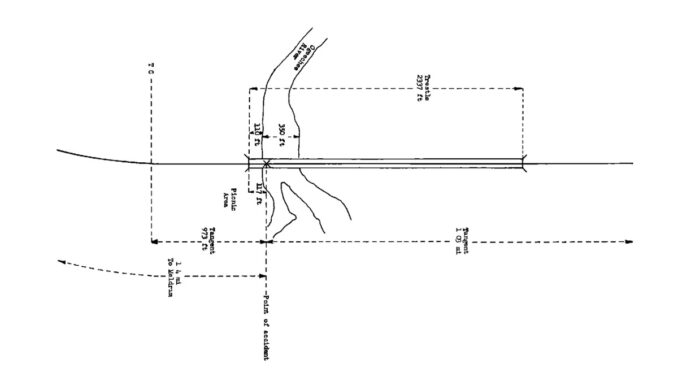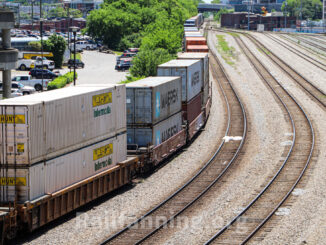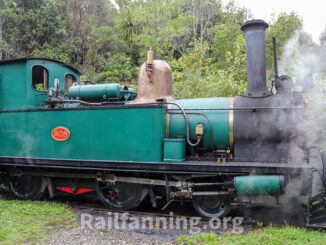
June 28, 1959, was humid, with temperatures reaching the mid-90s.
To escape the heat, dozens of residents in the unincorporated Effingham County community of Meldrim, a hamlet about 17 miles northwest of Savannah, opted to swim in the Ogeechee River.
The day seemed normal until about 3:30 p.m., when Seaboard Air Line Railroad train No. 82, an eastbound mixed freight with 123 cars and a caboose pulled by three diesel-electric units, started crossing the trestle across the river.
The 109th to 121st cars separated from the train, most crashing into the river below, including two loaded with liquefied petroleum gas. The tank head of one of the cars ruptured, emitting gas and blanketing the nearby area.
An “unknown source” ignited the gas, producing a flash fire that stretched hundreds of feet in multiple directions.
“When it first went off, it sounded like a bomb,” The Associated Press quoted 21-year-old George Hodges Jr. as saying.
“I never saw so much fire,” The Atlanta Constitution quoted Robert W. Morris as saying. “Everything was on fire. The bridge and the woods. Even the water was on fire.”
The resulting explosion and fire killed 23 people, including an eight-month pregnant woman.
“The train was moving along between 45 and 50 miles an hour,” conductory Ira L. Hines told UPI. “I was looking out the cab of the caboose. All of a sudden, I saw the cars begin to pile up in front. It looked like they were piling up to the sky.”
Hines told brakeman William Kimble, “You better say your prayers now because we’re gone.”
An Interstate Commerce Commission (ICC) investigation blamed the derailment on the “deflection of the rails on the trestle under the moving train as a result of excessive compression due to movement of the rails and expansion, this movement being restricted by the securely anchored rails at the east end of the trestle.”
The agency faulted the Seaboard Air Line for not installing guard rails along the trestle, a ballast-deck trestle about 25 feet above the ground below. “If the track structure on the trestle had been provided with guard rails it is probable that the derailed cars would not have fallen from the trestle,” the ICC concluded.
The Meldrim Trestle Disaster is possibly the first derailment to release hazardous materials.
“All during the war I saw plenty of nasty things, but nothing like this,” The Atlanta Constitution quoted the Rev. J.T. Green, Meldrim’s Baptist pastor, as saying.




